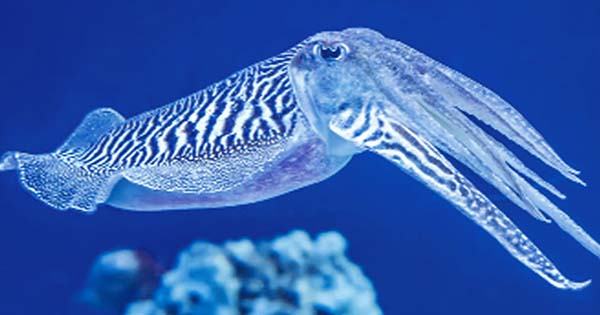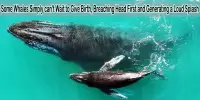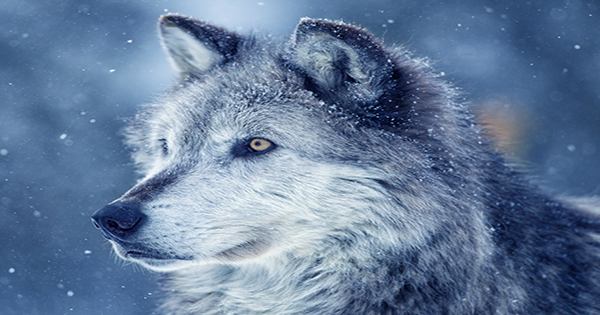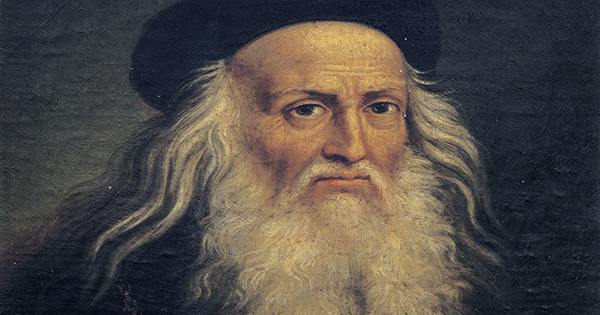Cuttlefish can potentially hold annoyance for the rest of their lives, as recent research has shown that memories of their episodes – memories of their past experiences – don’t get worse with age. This makes them unique to humans and non-human mammals, whose episodic memory decreases with age.
It is possible that the determining factor is the lack of the hippocampus or more, such as cuttlefish clear masters of long-term episodic memory, they do not have when we do forgotten mammals. The first author of a new paper, Dr Alexandra Schnell of the University of Cambridge’s Department of Psychology, UK, said in a statement, “Cuttlefish can remember what they ate, where and when, and use it to indicate future feeding decisions.”
“Surprisingly, they don’t lose this ability with age, although they do show other signs of aging such as decreased muscle function and appetite.” The new study, published in the journal Proceedings of the Royal Society B, represents for the first time that the past events of any animal do not worsen with age. Conducted by an international team of researchers, the study is a series of memory tests that challenge common cuttlefish (Sepia officinalis) of different ages.
Half of the subject group was juveniles and the other half were what you would consider adult cuttlefish, the equivalent of a 90-year-old man. They were trained to feed the flag that would eventually be specifically linked to two food options: live grass shrimp (favorite), or a less desirable snack of shrimp meat (existing research has already found that they will save themselves for the food of choice.” “Can pass and like complex dinners).
After serving two types of food in two separate locations, they begin to test the time-saving efficiency of cuttlefish by providing less desirable food in one place, when the more desirable food of a live shrimp comes up elsewhere, but only every three hours. The experiment comes later because the researchers wanted to see what the cuttlefish held in the data, which shows that if the old cuttlefish had a smaller memory than the younger ones.
Certainly, their results showed that all cuttlefish were able to see what food was seen on the flag signal and were able to use this information to determine where to go in search of valuable shrimp. “Older cuttlefish were just as good as the younger ones in terms of memory tasks – in fact, many of the older ones did well on the test stage,” Schnell said. “We think this ability can help wild cuttlefish remember who they’ve mated with, so they won’t go back to the same mate.”
















